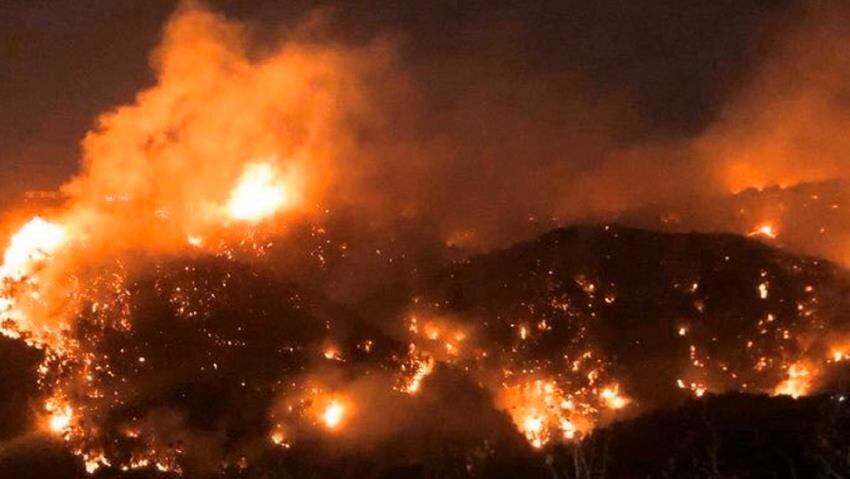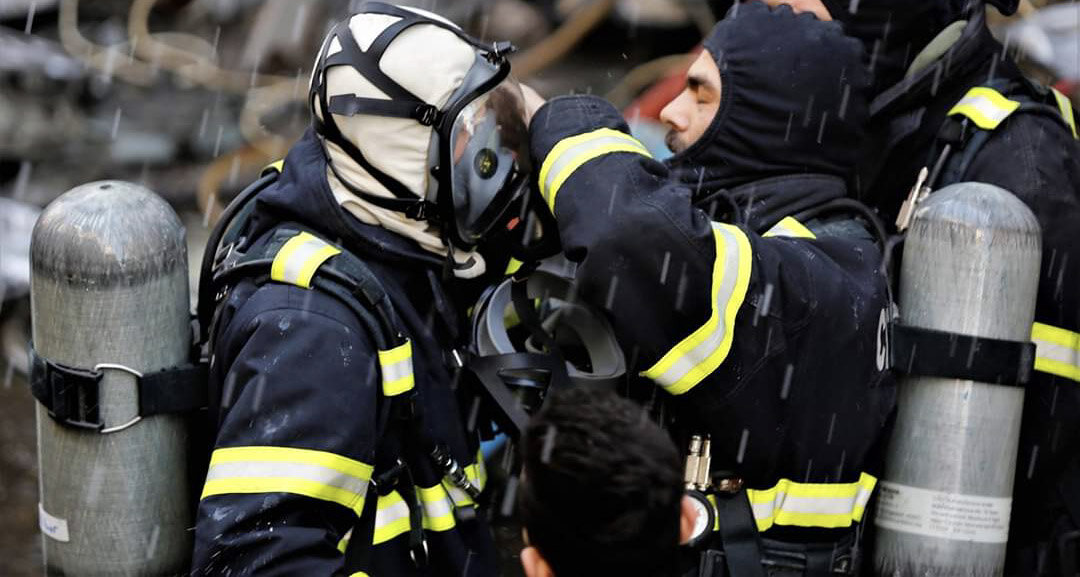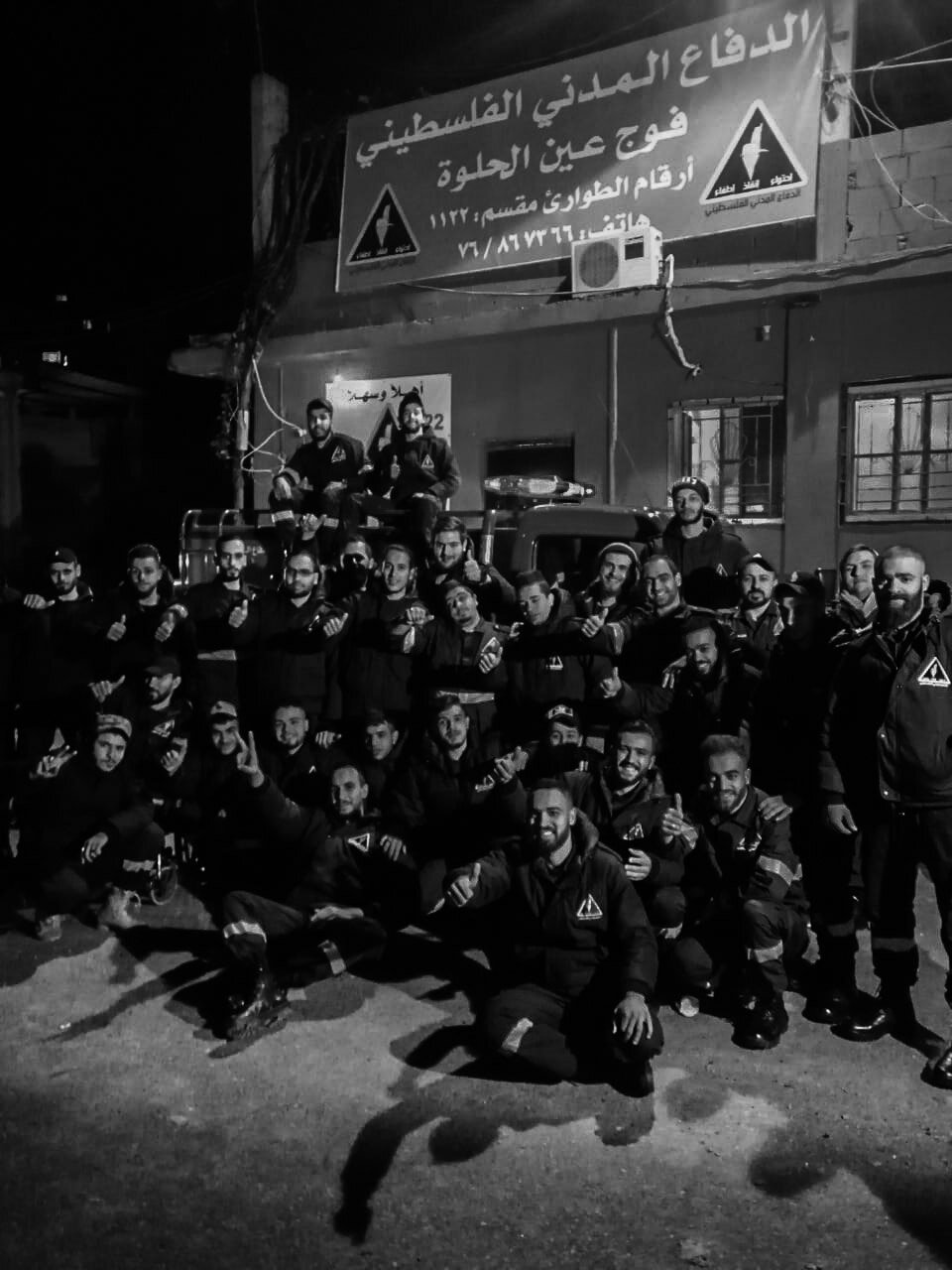Civil Defence: From Emergency Response to Intercommunal Peacebuilding
In Lebanon, the collective memories and scars of civil conflict mar Palestinian and Lebanese relations. This is what made the sight of a refugee volunteer emergency response force, Palestinian Civil Defence (PCD), responding to the Beirut explosion on 4th August so extraordinary and heartening, shattering long-held prejudices with their acts of selflessness and offering hope for the future.
When the explosion in the port ripped through the Lebanese capital, the PCD grabbed their boots and white helmets and ran towards the chaos. The volunteer emergency response force was met by utter destruction, with an unknown number of victims buried beneath the rubble. And so, alongside Lebanese first responders and other citizens, the PCD set about digging people from the earth. The rescue of one survivor, Isaam Ata, garnered international attention. The BBC’s International Correspondent Orla Guerin recently visited the ruins of the 100-year-old house where Isaam was rescued after being buried alive for 17 hours.
As described in the video, Isaam’s brother Abdo tragically died in the collapse. After rescuing Issam the PCD helped to recover Abdo’s body from the rubble. Grateful for the heroic effort of the PCD, Issam’s family invited the rescuers to attend Abdo’s funeral Mass, where the priest in his eulogy thanked the PCD, noting that it was perhaps God’s will that the Christian family’s Palestinian neighbours from Ayn al-Hilweh camp should come to save Issam. A message made particularly powerful given the legacy of Christian-Palestinian intercommunal violence during Lebanon’s Civil War.
The PCD are not new to emergency response or to helping their Lebanese hosts. Last October, the group were praised for playing a pivotal role in responding to the worst wildfires Lebanon had seen in decades.
Today, with the fires and explosion behind them, the PCD have reset their sites on tackling the COVID-19 public health emergency. In the past 4 months the PCD volunteer team has swelled with Palestinian youth, responding to the need to sanitise ill-equipped and crowded camps in the hope of slowing the spread of the virus.
In the past month, responding to the needs of the most vulnerable, the group, using an initial grant from the UK Embassy in Lebanon, have teamed up with a local NGO Ahlam Laje’a to create a tiny workshop inside Shatila camp that produces three ply face masks that conform to WHO standards. That Sabra was the site of a massacre of Palestinian civilians in 1982 demonstrates once again how out of tragedy new peacebuilding opportunities can emerge. The team are working around the clock to ensure that masks can be given away free to vulnerable Syrian, Iraqi and Palestinian refugees, as well as Lebanese communities unable to afford this basic item of personal protection equipment (PPE).
The Palestinian Civil Defence’s humanity, tenacity and unquestioning desire to help those around them, regardless of religious, ethnic or any other differentiating characteristic, have shown that when provided with agency and opportunity, previously vulnerable youth can channel their energies into positive community-focused engagement. Through the mechanism of emergency response, the Palestinian Civil Defence have started to break down even the most deep-rooted prejudices and opened up the space for dialogue and peaceful coexistence, helping intercommunal harmony to take root.
The PCD are a voluntary force and rely on donations to operate. To contribute to their fundraiser, click here.





